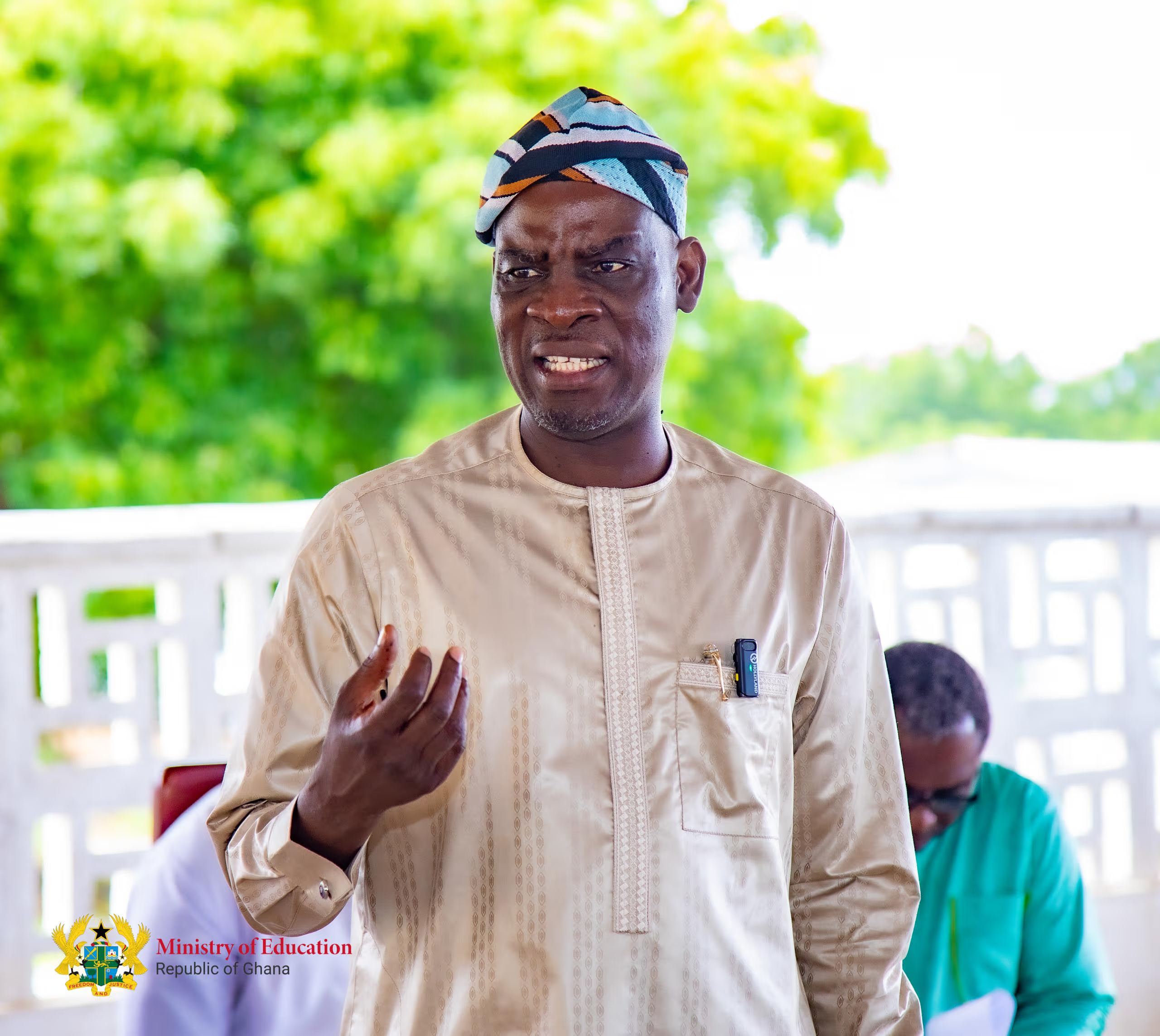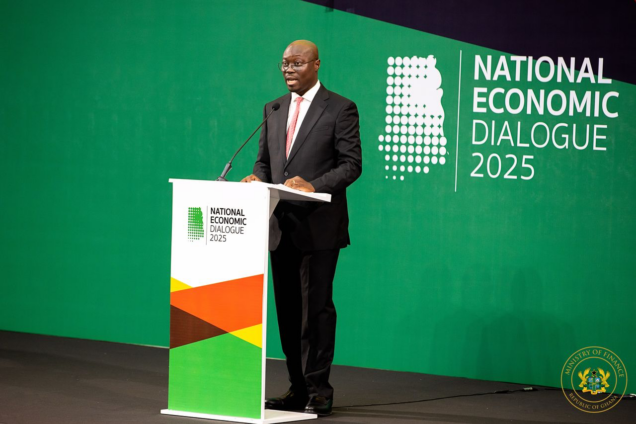According to President John Dramani Mahama, he has been hesitant to declare a state of emergency in the Galamsey conflict since they haven’t used all of their authority to combat illegal mining. He made this statement during the Wednesday, September 10 media meeting in Accra.

He clarified, “We haven’t used up all of our options without a state of emergency, so I’ve been hesitant to impose one in the Galamsey fight.”
He emphasized that government organizations already have the authority to enforce forest preservation laws, confiscate equipment, and make arrests of criminals.
“We have the power to detain anyone and seize anything of that nature. We have the authority to take action because of the rules protecting forests and everything else,” he stated.
President Mahama went on to say that his administration has not granted any permits for mining in the nation’s forest reserves since taking office.
According to him, efforts are being made to revoke L.I. 2462, which permits mining in forest reserves.
In order to formally commit to ending mining in forest reserves, steps are now being taken to repeal L.I. 2462. To be clear, no corporation has been granted a license to mine in our forest reserves since my administration returned to power,” the president said.
The President claims that by repealing L.I.2462, his government will put its promise to preserving these forest reserves into action.
In a formal letter to the Office of the Attorney General, Acting Minister for Environment, Science, and Technology Emmanuel Armah-Kofi Buah (MP) has called for the immediate revocation of Legislative Instrument (L.I.) 2462 and its amended version, L.I. 2501.
This was revealed in a statement signed by Ama Mawusi Mawuenyefia and released by the Ministry on August 29, 2025.
According to the statement, the goal of this legal action is to fortify and harmonize the regulatory framework, establishing a unified front for all parties involved in the nationwide campaign against “galamsey,” or unlawful mining.
The action seeks to stop the serious environmental destruction that has deteriorated Ghana’s forest reserves and contaminated its waterways.
The Environmental Protection Agency’s (EPA) current regulatory framework, according to the Minister, offers strong and adequate rules to monitor all mining operations.
Strict adherence to social and environmental norms will be ensured by this unified framework, ensuring ethical mining activities throughout the industry.
The action directly supports local initiatives including the National Anti-Illegal Mining Operations Secretariat’s (NAIMOS) operational coordination and the Responsible Cooperative Mining and Skills Development Programme (rCOMSDEP).
The Environmental Protection Agency (EPA) Act gave L.I. 2462 the authority to control the environmental effects of mining in forest reserves.
It created a procedure for awarding environmental permits and mining licenses inside forest reserves, subject to certain requirements to minimize harm.
The rules forbade mining in “Globally Significant Biodiversity Areas” (GSBAs), among other sensitive ecological and cultural places, but gave the president the power to authorize mining there if it was thought to be in the “national interest.”
Concerned people, environmental activists, and civil society organizations immediately and widely criticized the Legislative Instrument, claiming it had failed to preserve the forest reserves and had permitted further environmental damage.
By introducing a new legal instrument before Parliament in October 2024, the then-attorney general started the process of rescinding L.I. 2462. All mining in forest reserves was to be prohibited under the new Environmental Protection (Mining in Forest Reserves) (Revocation) Instrument, 2024.









